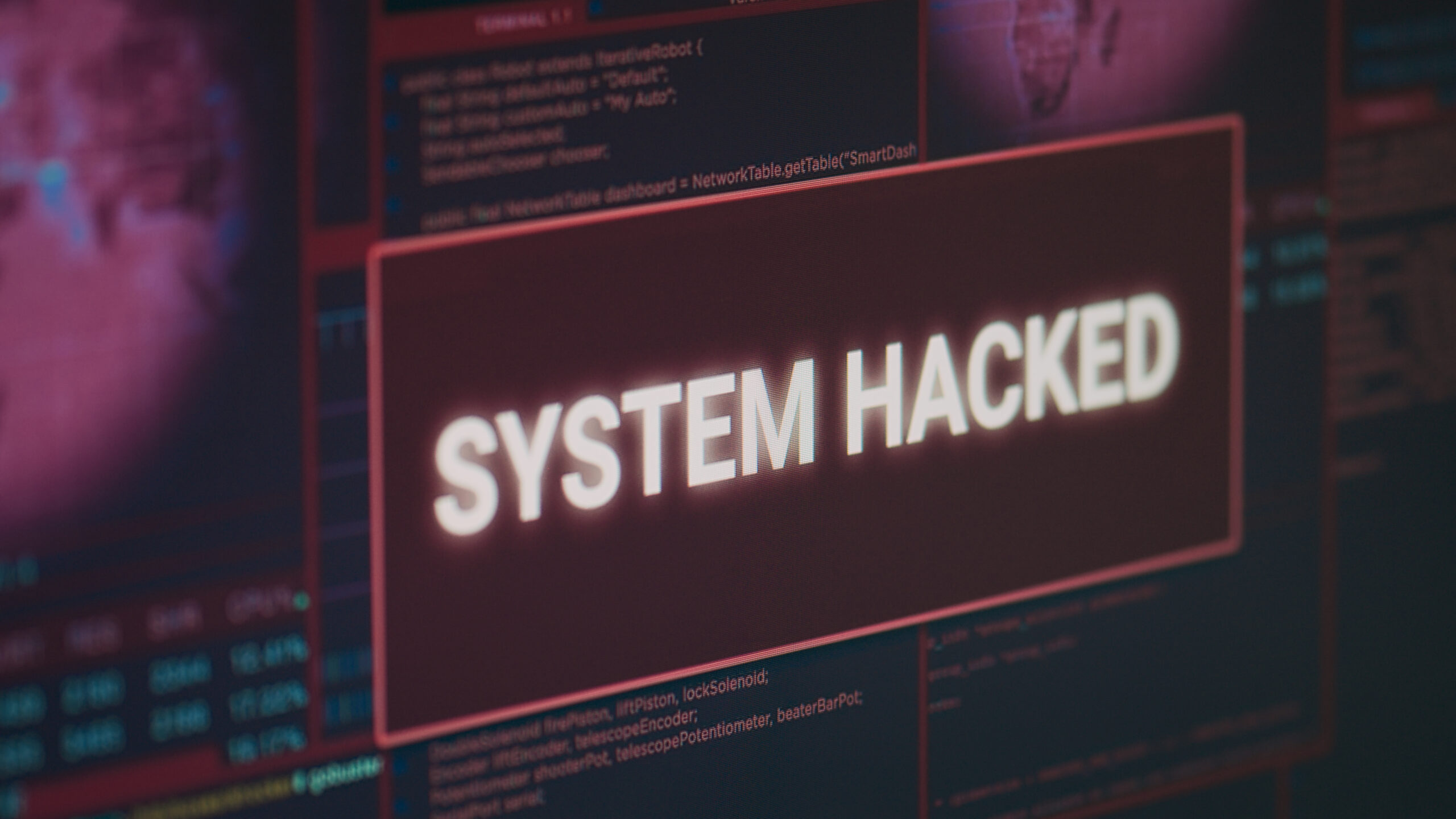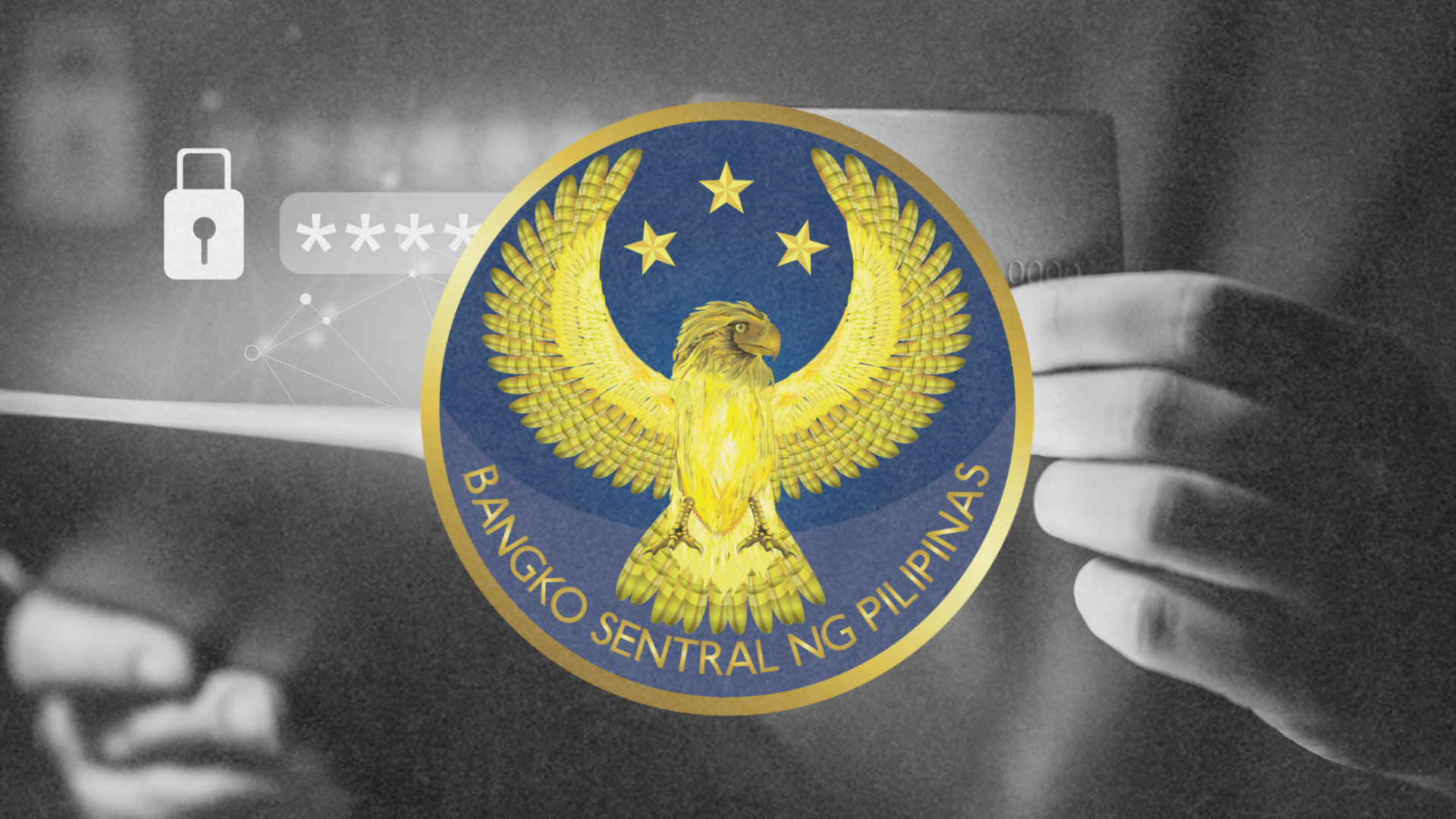In July 2024, the Philippines faced a series of significant cybersecurity breaches that exposed vulnerabilities within major companies, including international giants such as Disney and BMW. These sophisticated ransomware attacks compromised sensitive data and caused significant disruptions in business operations. This incident underscores a troubling global trend where cybercrime is becoming increasingly sophisticated and prevalent.
The Philippine National Police (PNP) has significantly strengthened its Cybercrime Group to enhance its capabilities in addressing these advanced cyber threats. This move is part of a broader strategy to improve the country’s cyber defense infrastructure. Despite these proactive steps, there remains a pressing concern about the preparedness of local businesses. Many organizations in the Philippines still operate with insufficient cybersecurity measures, making them attractive targets for cybercriminals.
In light of these challenges, the government is pushing for comprehensive reforms to bolster the country’s cybersecurity framework. The Department of Information and Communications Technology (DICT) is spearheading the development of a national cybersecurity plan designed to fortify the resilience of critical sectors and protect national digital assets. This plan includes measures to enhance cybersecurity regulations, promote best practices, and encourage greater investment in digital infrastructure.
As the Philippine economy becomes increasingly digitalized, the need for businesses to adopt robust cybersecurity practices has never been more critical. Companies are urged to prioritize implementing advanced security solutions and adopt proactive strategies to safeguard their operations and customer data. The recent breaches are a stark reminder of the evolving nature of cyber threats and the imperative for businesses to stay ahead of potential risks in an ever-changing digital landscape.






